Switching from traditional heating and cooling systems to heat pumps can provide several benefits, such as improved energy efficiency, lower operating costs, and reduced carbon emissions. Heat pumps work by transferring heat from one location to another, rather than generating heat like traditional HVAC systems. They can be used for both heating and cooling and are available in a variety of types, including air-source, ground-source, and water-source heat pumps. But the initial cost of installing a heat pump system can be more than installing a traditional system. Before making the switch, it’s important to think carefully about the potential long-term savings and other factors.
The History of Heat Pump Technology
More than a century has passed since the invention of the first heat pump system, which was carried out by Lord Kelvin in the 1850s. Heat pump technology has been in existence ever since. However, it wasn’t until the 1940s that heat pumps began to be employed for heating and cooling in commercial and residential buildings.
In the 1940s and 1950s, air-source heat pumps were developed and eventually became the primary method of heating and cooling buildings. The energy crises that occurred in the 1960s and 1970s led to an increased interest in the technology of heat pumps as a method to enhance energy efficiency and lessen dependency on conventional heating systems. These worries were brought on by the use of fossil fuels. During this time period, ground-source heat pumps were invented, and their popularity continued to grow during the 1980s and 1990s.
The technology behind heat pumps continued to progress throughout the 2000s, with new innovations appearing in the form of variable-speed compressors, improved refrigerants, and enhanced controls for maximizing heat pump performance. Heat pumps are already widely utilized for both heating and cooling buildings, and ongoing research and development is making it possible for these systems to be even more cost- and energy-efficient.

Tax Rebates for Heat Pumps
Tax rebates or incentives for heat pumps vary depending on the country or region. In the United States, for example, there is a federal tax credit available for certain types of high-efficiency heat pumps installed in residential properties. The credit amount can range from a few hundred dollars to several thousand dollars, depending on the type of heat pump and other factors.
In addition to federal incentives, many states and local governments also offer their own tax credits or rebates for heat pumps. These programs can help to offset the cost of purchasing and installing a heat pump system, making it more affordable for homeowners.
It’s important to note that tax incentives and rebates for heat pumps are subject to change and may have specific eligibility requirements. It’s a good idea to research and consult with a qualified tax professional to determine what incentives are available and how to take advantage of them.
Rebates for Heat Pumps in New York
There are several rebate programs for heat pumps in New York, which are designed to encourage the use of energy-efficient heating and cooling systems.
The New York State Energy Research and Development Authority (NYSERDA) offers rebates for the installation of high-efficiency air-source and ground-source heat pumps in residential and commercial properties. The rebate amount varies depending on the type and size of the heat pump, but it can be up to several thousand dollars per unit.
In addition to the NYSERDA rebate, some utility companies in New York also offer their own rebate programs for heat pumps. For example, Con Edison and National Grid offer rebates for the installation of high-efficiency air-source and ground-source heat pumps in their service areas.
It’s important to note that these rebate programs have specific eligibility requirements and application procedures, and they may be subject to change. Homeowners and business owners interested in installing a heat pump in New York should research the available programs and consult with a qualified contractor or energy professional to determine their eligibility and how to apply for rebates.
How Much Money Can Be Saved with Heat Pumps in the Northeast?
The amount of money that can be saved with heat pumps in the Northeast depends on several factors, including the size and efficiency of the heat pump system, the cost of electricity, and the size and heating and cooling demands of the property.
However, in general, heat pumps are known for their high efficiency and energy savings, particularly when compared to traditional heating and cooling systems. According to the U.S. Department of Energy, air-source heat pumps can provide energy savings of up to 50% compared to traditional electric resistance heating, and ground-source heat pumps can provide energy savings of up to 70% compared to traditional heating and cooling systems.
In addition to energy savings, homeowners in the Northeast may be able to take advantage of rebates and incentives for installing heat pumps, which can further reduce the upfront costs of the system and increase the long-term savings.
It’s important to consult with a qualified contractor or energy professional to determine the potential savings and costs of installing a heat pump system for a specific property in the Northeast.
Heat Pumps Can Be Used for Heating and Cooling
Yes, heat pumps can be used for both heating and cooling. Heat pumps work by transferring heat from one location to another, using a refrigerant and a compressor to move heat from inside a building to the outside for cooling, or from the outside to the inside for heating.
In the summer, a heat pump can be used for air conditioning by transferring heat from inside the building to the outside. In the winter, a heat pump can be used for heating by extracting heat from the outside air, ground, or water and transferring it inside.
Heat pumps are a versatile heating and cooling option that can be used in a variety of climates and conditions. They are often considered a more energy-efficient and environmentally friendly option than traditional heating and cooling systems, as they use electricity to move heat rather than generating heat by burning fossil fuels.
Heat Pumps Cheaper to Operate for Air Conditioning
Heat pumps can be cheaper to operate for air conditioning compared to traditional air conditioning systems, particularly in regions where electricity is relatively inexpensive. Heat pumps use a small amount of electricity to transfer heat from inside the building to the outside, rather than generating cold air by burning fossil fuels, as traditional air conditioners do.
Because heat pumps move heat rather than generating it, they can be up to 50% more efficient than traditional air conditioning systems. This means that heat pumps can provide the same amount of cooling using less energy, resulting in lower operating costs.
In addition to lower operating costs, heat pumps can also provide other benefits for air conditioning, such as improved indoor air quality, greater flexibility for zoning and control, and reduced environmental impact.
It’s important to note that the cost savings of using a heat pump for air conditioning will depend on a variety of factors, including the size and efficiency of the heat pump system, the climate and conditions of the region, and the cost of electricity. It’s a good idea to consult with a qualified contractor or energy professional to determine the potential cost savings of using a heat pump for air conditioning in a specific property.
Heat Pumps Do Not Need Fossil Fuel to Operate
That’s correct. Heat pumps do not need fossil fuels, such as natural gas, oil, or propane, to operate. Instead, heat pumps transfer heat from one location to another using electricity. This makes them a more environmentally friendly heating and cooling option compared to traditional systems that burn fossil fuels.
By using electricity to move heat, heat pumps can be more energy efficient than traditional systems. In fact, according to the U.S. Department of Energy, air-source heat pumps can be up to 50% more efficient than traditional electric resistance heating, and ground-source heat pumps can be up to 70% more efficient than traditional heating and cooling systems.
Additionally, because heat pumps do not require the combustion of fossil fuels, they do not produce emissions or pollutants associated with burning fossil fuels. This can contribute to improved air quality and a smaller carbon footprint.
Overall, heat pumps can be a more sustainable and environmentally friendly option for heating and cooling homes and buildings.
Special Financing for Heat Pumps
There are several special financing options available for heat pumps, which can help make the upfront costs of installation more manageable and affordable. These financing options include:
- Rebates and incentives: Many state and local governments, as well as utility companies, offer rebates and incentives for the installation of energy-efficient heating and cooling systems, including heat pumps. These rebates and incentives can help reduce the upfront costs of installation.
- Low-interest loans: Some states and localities offer low-interest loans specifically for the installation of energy-efficient heating and cooling systems. These loans typically have lower interest rates and longer repayment terms than traditional financing options, making them a more affordable option for homeowners.
- Property assessed clean energy (PACE) financing: PACE financing allows homeowners to finance energy-efficient upgrades, including heat pumps, through a special assessment on their property taxes. PACE financing typically has longer repayment terms and lower interest rates than traditional financing options.
- Manufacturer financing: Some heat pump manufacturers offer financing options for the purchase and installation of their products. These financing options may have low or no interest rates, and may be available for both residential and commercial properties.
It’s important to research and compare financing options to determine which one is best for a specific property and financial situation. Homeowners may want to consult with a qualified contractor or energy professional to help them understand their options and make an informed decision.
Switching from Traditional Heating & Cooling to Heat Pumps Will Increase Home Value
Switching from traditional heating and cooling systems to heat pumps can increase home value, especially if the heat pump is a high-efficiency model. A study by the National Institute of Standards and Technology found that energy-efficient home improvements, such as the installation of a heat pump, can increase a home’s value by up to 5%.
Homebuyers are increasingly interested in energy-efficient homes, as they can provide long-term cost savings on energy bills and contribute to a more sustainable lifestyle. Installing a heat pump can be an attractive feature for potential homebuyers who are looking for a home that is both comfortable and efficient.
In addition to increasing home value, switching to a heat pump can also provide other benefits, such as improved indoor air quality, greater control over heating and cooling, and reduced environmental impact. It’s important to consult with a qualified contractor or energy professional to determine the best heat pump system for a specific property and to ensure that the installation is done correctly and safely.
Can You Operate Heat Pumps for Heating and Cooling with a Small Generator
It is possible to operate some heat pump systems for heating and cooling using a small generator, but this will depend on several factors, including the size and capacity of the generator and the heat pump system, as well as the specific heating and cooling needs of the property.
Heat pumps typically require a significant amount of electricity to operate, particularly during peak heating and cooling periods. While smaller, portable generators may be able to provide some power for a heat pump, they may not have the capacity to meet the full energy demands of the system. It’s also important to note that running a heat pump on a generator for an extended period of time can be costly, as generators tend to use more fuel than grid-connected electricity.
If a generator is being used as a backup power source for a heat pump system, it’s important to consult with a qualified contractor or energy professional to ensure that the generator is properly sized and installed for the specific needs of the heat pump system. It’s also a good idea to have a plan in place for managing energy use during power outages and to have a backup heating and cooling plan in case the generator fails or runs out of fuel.
Conclusion About Switching from Traditional Heating & Cooling to Heat Pumps
In conclusion, switching from traditional heating and cooling systems to heat pumps can provide several benefits, including cost savings on energy bills, improved indoor air quality, greater control over heating and cooling, reduced environmental impact, and potential increases in home value. Heat pumps are highly efficient and can be a sustainable option for heating and cooling homes and buildings.
However, it’s important to keep in mind that not all properties are suitable for heat pumps, and it’s important to consult with a qualified contractor or energy professional to determine the best system for a specific property. Additionally, while heat pumps can provide cost savings in the long run, the upfront costs of installation can be significant. It may be helpful to explore financing options or rebates and incentives to make the upfront costs more manageable.
Overall, heat pumps can be a smart and sustainable investment for homeowners and building owners who are looking to improve the efficiency, comfort, and value of their properties.
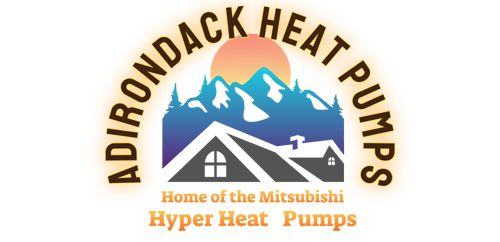
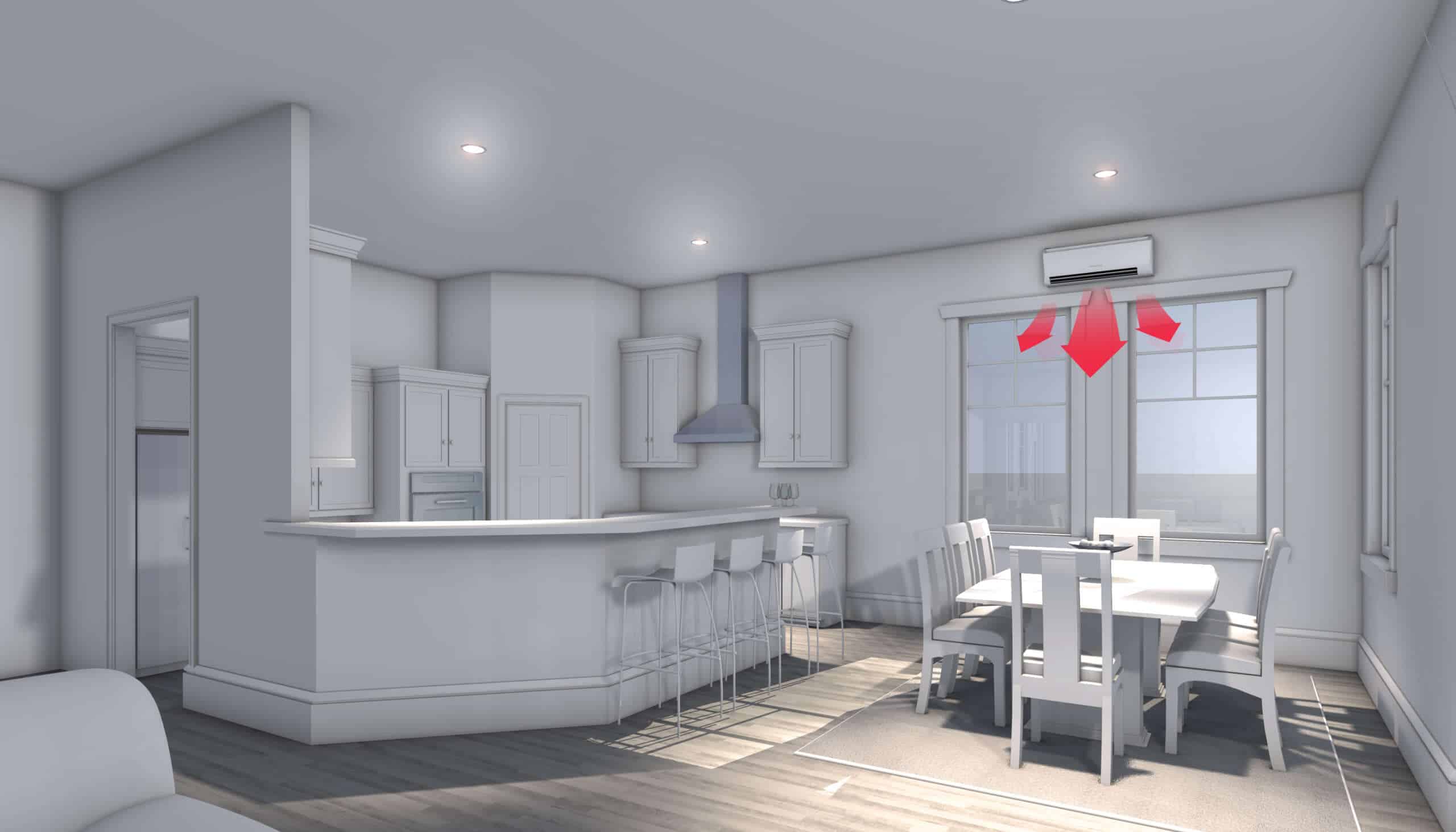
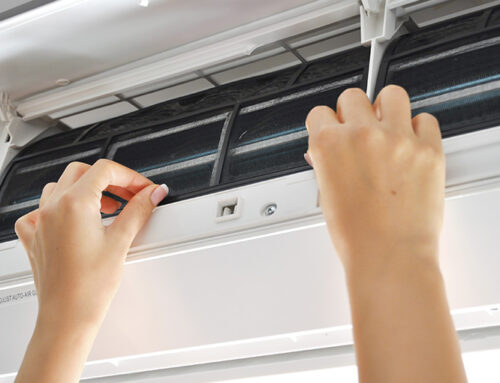
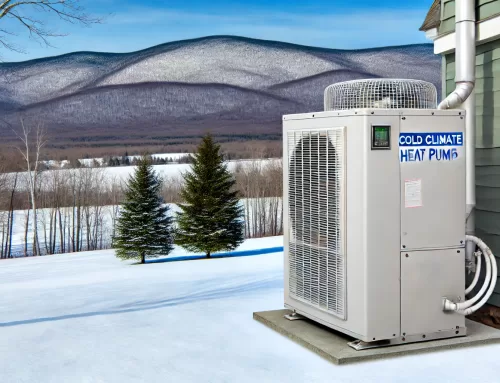
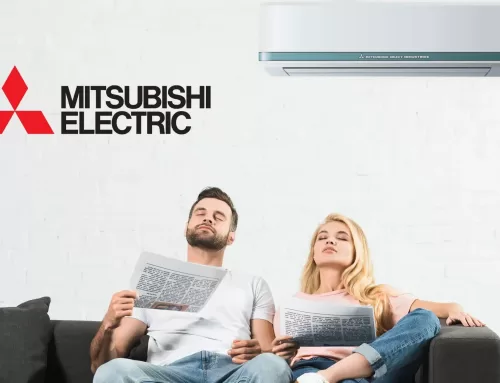
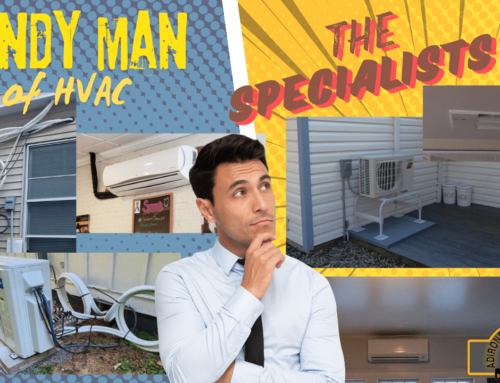
Leave A Comment